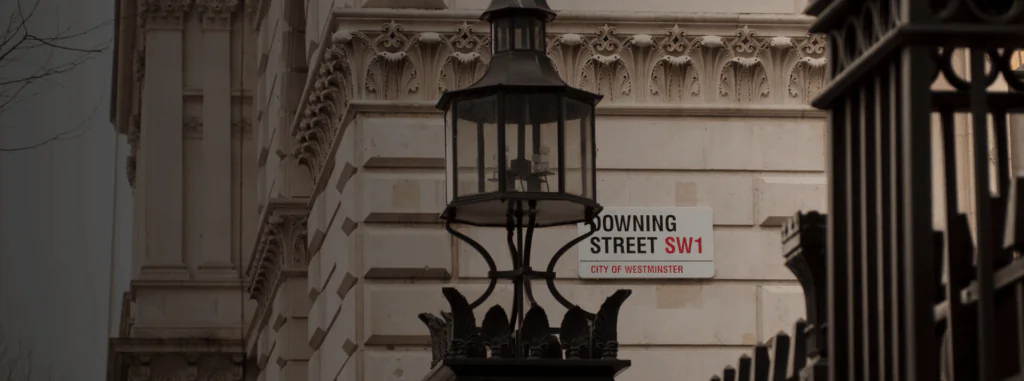
Chancellor Rachel Reeves, announced the Autumn Budget 2025 earlier this week. We have provided a round-up of the key takeaways for HR.
It has been confirmed that from April 2026 minimum wage will increase to the following:
National Living Wage (aged 21+) – £12.71 from £12.21 (an increase of 4.1%)
National Minimum Wage (aged 18-20) – £10.85 from £10 (an increase of 8.5%)
National Minimum Wage (aged 16-17) – £8 from £7.55 (an increase of 6%)
National Minimum Wage (apprenticeships) – £8 from £7.55 (an increase of 6%)
A cap of £2000 has been announced for the amount an employee can pay into their pension tax-free through a company’s salary sacrifice scheme. Starting in April 2029, employees will be required to pay National Insurance on contributions exceeding the annual threshold, at a rate of 8% for basic-rate taxpayers and 2% for higher-rate taxpayers. Employers will continue to pay National Insurance at a rate of 15%.
Reeves chose not to increase income tax rates. However, the freeze on income tax and employer NI thresholds will continue for an additional three years from 2028. As a result, as people’s salaries inevitably rise, more will be pushed into paying higher tax brackets.
The government will provide £820 million to fund initiatives to give young people the opportunity and support for paid work. This includes free apprenticeship funding for under-25s for SMEs, as well as paid work placements for young people (aged 18-21) who are not in education or employment and have been on universal credit for 18 months.
To find out more information or to discuss how the Autumn Budget 2025 may impact your workplace, please get in contact with our team of experts.
T: 0330 107 1037
LinkedIn: High Performance Consultancy